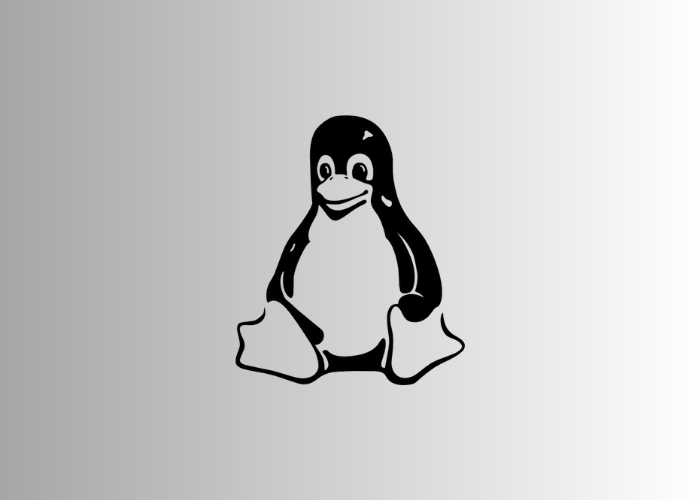
This course will get you up to speed with the fundamentals of Linux and prepare you for further study. We’ll look at the essentials of Linux including the directory structure, basic commands, the shell, and using the command line.
You’ll learn how to navigate your way through the Linux directory structure and the permissions for doing so. We’ll also cover files and the multitude of ways in which they can be created, managed, and deleted. This course is part of the Linux Administration Bootcamp learning path, designed to get you up and running with Linux.
Phone Number:+48 729 532 592 Address: Gdansk, Poland
Phone Number: +91 9763171491 Address: Pune, India
info@techevolvo.org